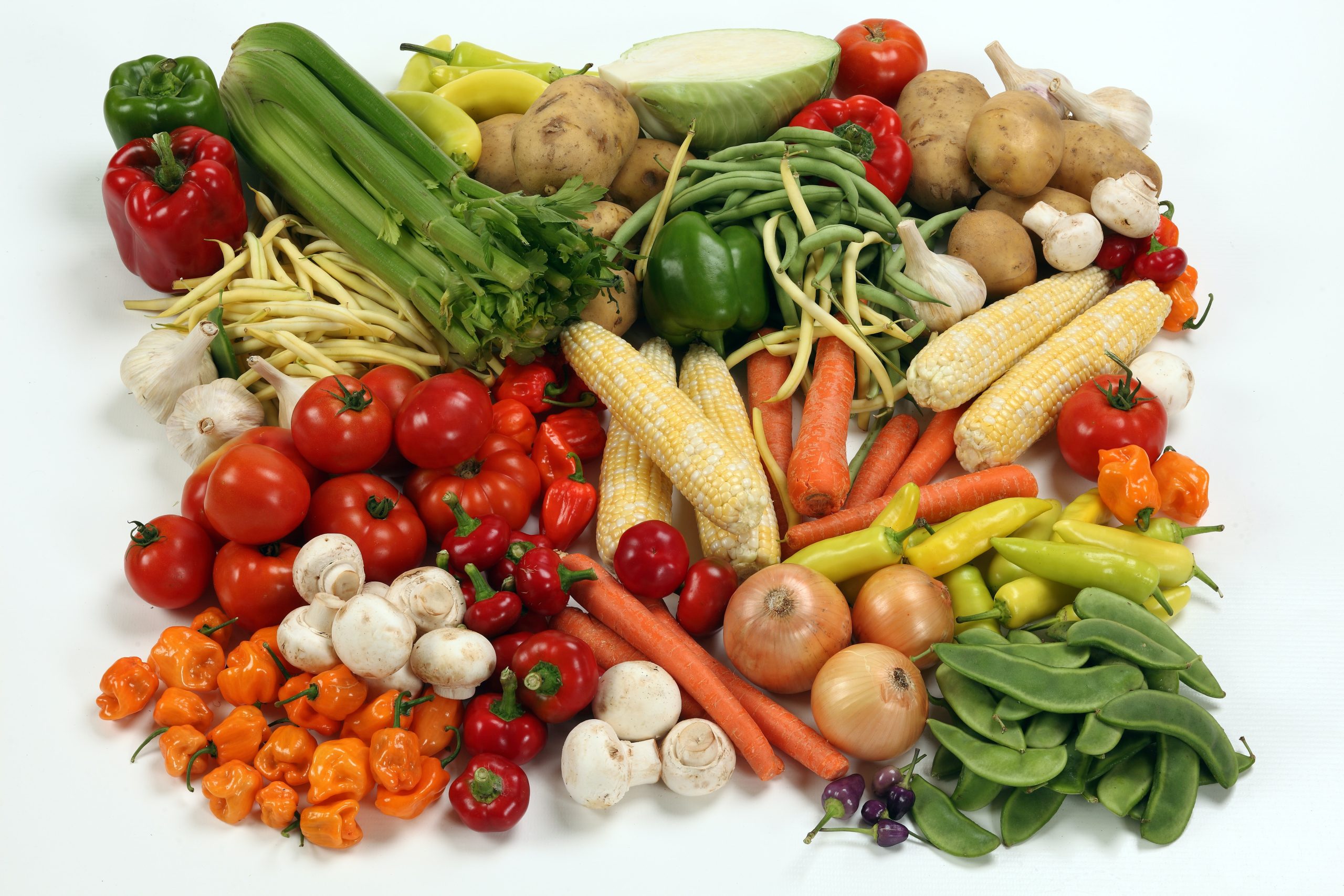Are you looking to fuel your body with the most nutrient-dense vegetables? Look no further! We’ve compiled a list of the top 5 vegetables that are packed with essential vitamins and minerals. Not only will incorporating these veggies into your diet help you feel more energized, but they also provide numerous health benefits. So let’s dive in and learn how to incorporate these nutrient powerhouses into our meals!
What are the most nutrient-dense vegetables?
When it comes to the most nutrient-dense vegetables, there are many options to choose from. However, we’ve narrowed down the top five that pack a powerful punch in terms of essential vitamins and minerals.
First on our list is kale. This leafy green contains high levels of vitamin C, vitamin K, and beta-carotene. It’s also rich in calcium and iron, making it an excellent choice for bone health.
Next up is spinach. This versatile vegetable is packed with iron and magnesium as well as antioxidants like lutein and zeaxanthin which promote eye health.
Broccoli makes its way onto our list due to its high levels of vitamin C and fiber content. It’s also a great source of sulforaphane which has been linked to cancer prevention.
Sweet potatoes are another nutrient powerhouse containing high levels of vitamins A and C as well as potassium. They’re also lower in calories than regular white potatoes!
Red peppers make our list due to their high level of vitamin C; just one pepper provides over 300% of your daily recommended intake! They’re also low in calories making them a great addition to any meal or snack.
By incorporating these five nutrient-dense vegetables into your diet regularly, you’ll be sure to give your body the necessary vitamins and minerals it needs for optimal health!
How to eat more nutrient-dense vegetables?
Eating nutrient-dense vegetables is crucial for maintaining good health. However, with busy schedules and various food options available, it can be challenging to incorporate these veggies into our daily diet. Here are some tips on how to eat more of them:
1) Make a plan: Planning your meals in advance will help you include nutrient-dense vegetables in your diet. You can add them as sides or make them the main course.
2) Experiment with recipes: Find new ways to cook and prepare vegetables that appeal to your taste buds. Roasting, sautéing, grilling or even blending them into smoothies are all great options.
3) Sneak them into everyday meals: Try adding chopped carrots or spinach leaves to your morning omelet or tossing veggies like broccoli florets into pasta dishes.
4) Shop smartly: Buy fresh seasonal produce from local farmers’ markets or grocery stores, so you always have access to a variety of nutrient-rich options.
5) Don’t forget about snacks: Snacks don’t always have to be unhealthy; try snacking on carrots or cucumber slices with hummus dip instead of chips and salsa!
By incorporating these tips into your daily routine, you’ll soon find yourself consuming more nutrient-dense vegetables than ever before!
The best time of day to eat nutrient-dense vegetables
Did you know that the best time of day to eat nutrient-dense vegetables can vary depending on your lifestyle and daily routine? It’s important to incorporate these powerhouse veggies into your meals in a way that works for you.
For those who prefer to start their day with something lighter, incorporating a serving or two of leafy greens like kale or spinach in a breakfast smoothie is an excellent option. This will provide the body with essential vitamins and minerals right from the get-go.
If lunchtime is more convenient, adding some tomatoes or roasted sweet potatoes to your salad not only adds flavor but also provides vitamin C and fiber to keep you feeling full throughout the afternoon.
When it comes to dinner, consider including broccoli or Brussels sprouts as side dishes. These vegetables contain high levels of antioxidants which can help fight off free radicals and promote overall health.
Snacking on raw carrots or bell peppers during mid-day breaks between meals can be an excellent way to incorporate additional servings of vegetables into one’s diet without feeling too heavy before meal times.
Ultimately, there is no specific “best” time of day to consume nutrient-dense vegetables – it all depends on what works best for each individual’s personal schedule and dietary preferences.
Conclusion
Incorporating nutrient-dense vegetables into your diet can have numerous health benefits. The top five most nutrient-dense vegetables include kale, spinach, broccoli, bell peppers and sweet potatoes. These veggies are packed with essential vitamins and minerals that help to boost your immune system, improve heart health and promote healthy digestion.
By making a conscious effort to consume more of these veggies on a regular basis, you will be providing your body with the fuel it needs to function optimally. Whether you enjoy them raw in salads or cooked in delicious recipes, there are endless ways to incorporate these superfoods into your diet.
Remember that eating nutrient-dense vegetables isn’t just about meeting daily requirements for vitamins and minerals – it’s also about enjoying the taste of fresh produce and reaping all the benefits that come from consuming whole foods.
So start experimenting with different recipes today and see how easy it is to fuel your body with wholesome nutrients!









